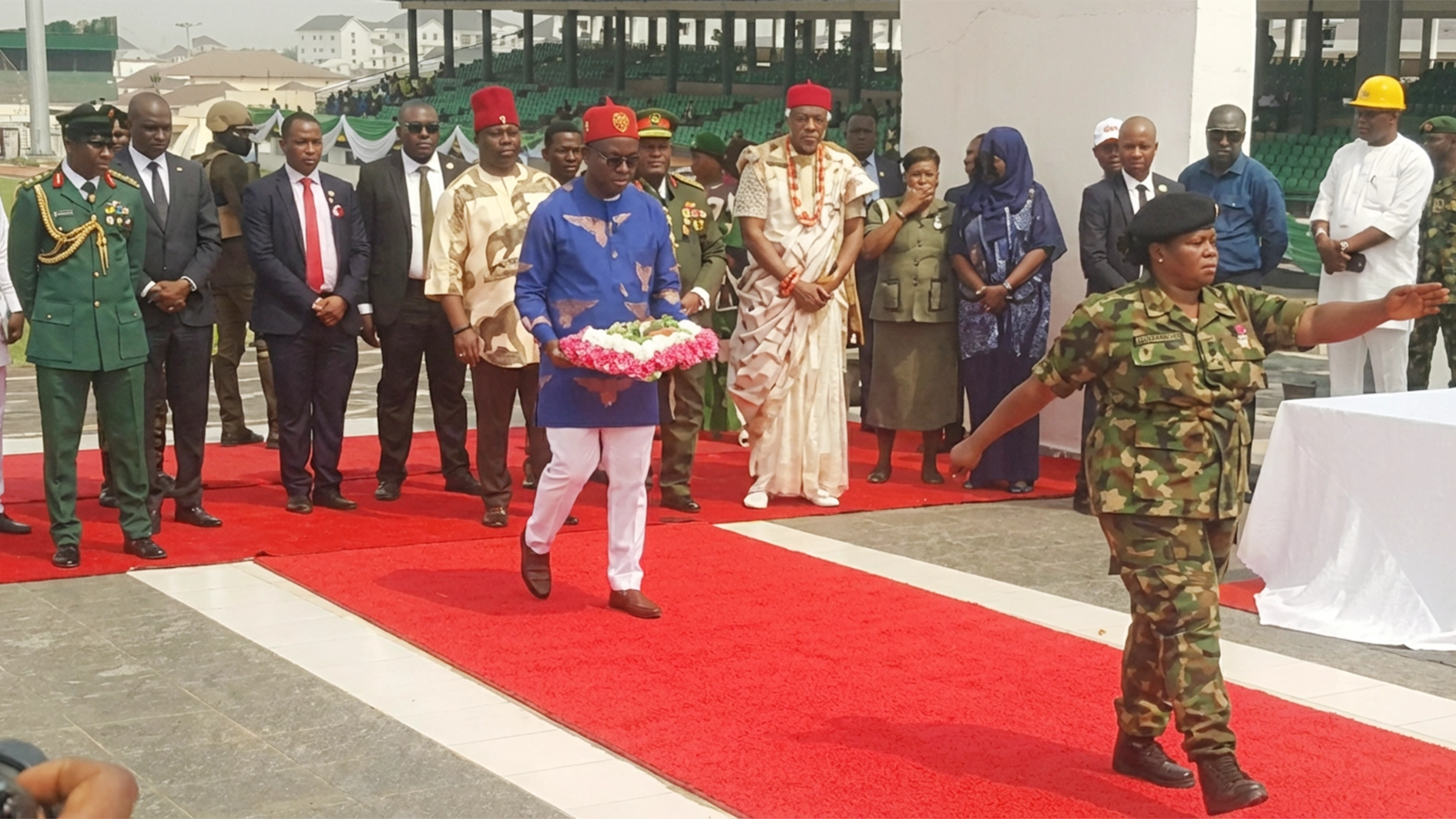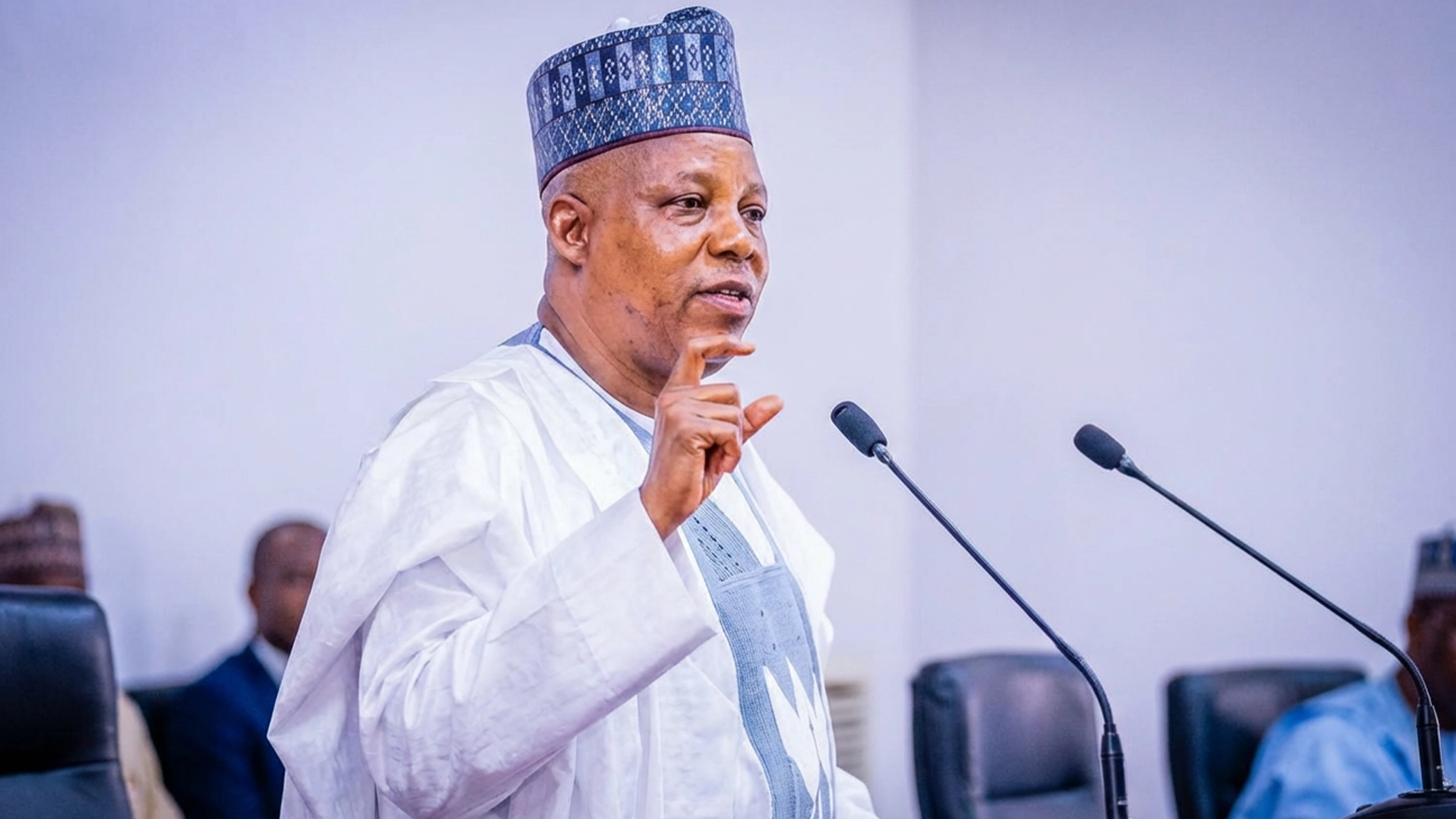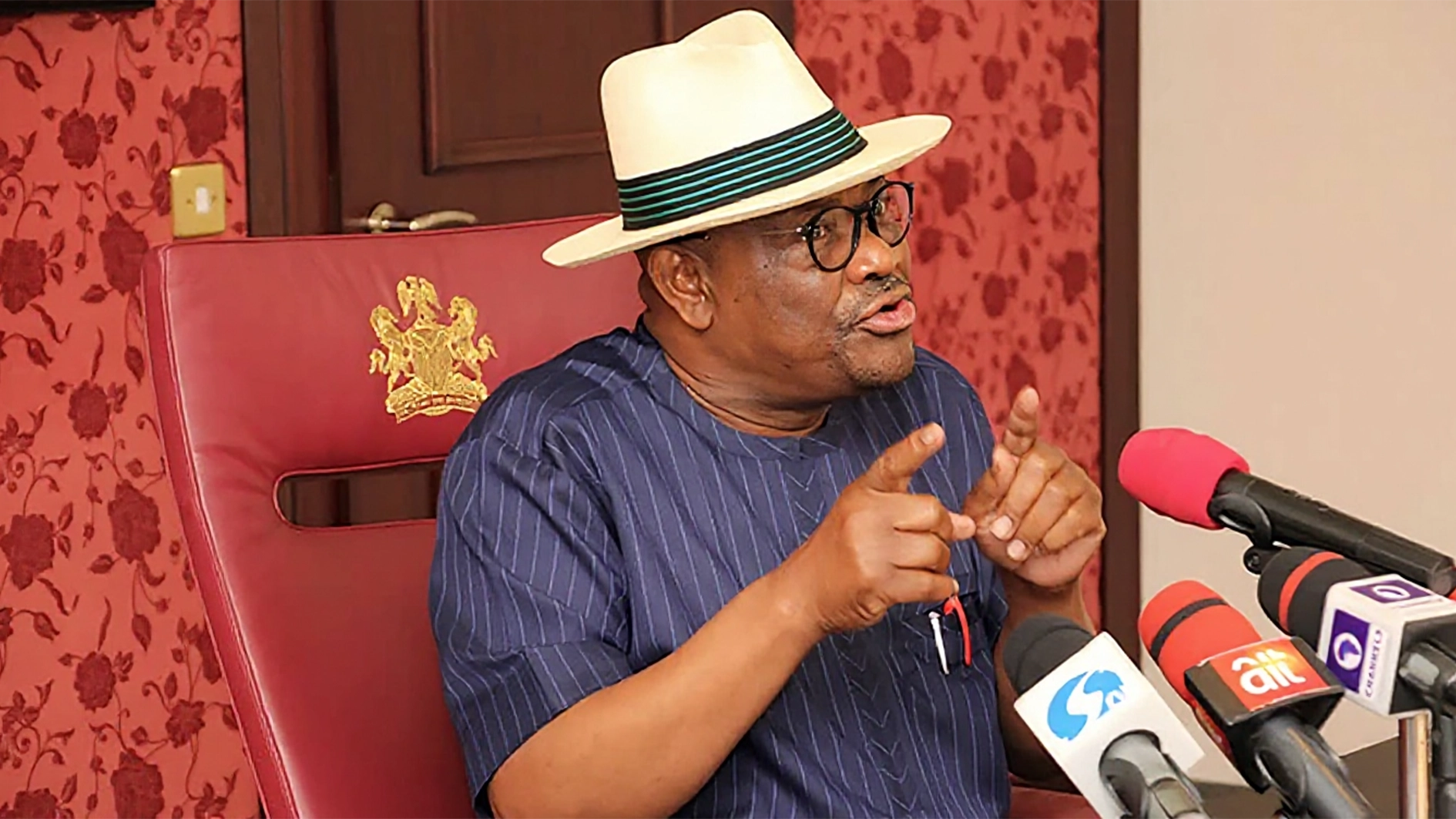
The Federal Government has called for full implementation of the Violence Against Persons Prohibition (VAPP) Act in all states of the federation to curb cases of Sexual and Gender Based Violence (SGBV).
Minister of Women Affairs, Uju Kennedy-Ohanenye, made the call at a press briefing in Abuja, yesterday, in commemoration of this year’s 16 Days of Activism Unite Campaign themed, ‘Invest to Prevent Violence Against Women and Girls.’
The minister commended states that have adopted the VAPP Act but urged them to ensure full implementation of the Act to protect Nigerian women and girls from all forms of violence.
She added: “The theme in particular calls for accountability and improved investment in girl-child education, ICT, women socio-economic advancement and empowerment, investment in ending all forms of violence especially rape, sexual abuse, battery, molestation, harmful traditional practices such as Female Genital Mutilation (FGM), widowhood, disinheritance, to mention but a few.
“If current trends continue, more than 340 million women and girls will still live in extreme poverty by 2030, and close to one in four will experience moderate or severe food insecurity.
“Growing vulnerability brought on by human-induced climate change is likely to worsen this outlook, as many as 236 million more women and girls will be food-insecure under a worst-case climate scenario.”
Kennedy-Ohanenye noted that there would be no hiding place for all violators of our girls and women, adding: “As we consider this important theme for this year’s commemoration I want us all to ponder on the level and kind of investment that over the years have accrued to women and girls and for our institutions, MDAs, development partners and bilateral, multilateral and indeed the private sector.”
Calling for more empowerment of women and girls as well as protecting them through the VAPP Act, the United Nations (UN) Resident and Humanitarian Coordinator, Nigeria, Matthias Schmale, said: “The UN Unite Campaign works in solidarity with relevant governments, development partners Civil Society Organisations (CSOs), women groups, the private sector and the media to call for an end to violence against women.
“We are estimating that globally, a staggering 736 million women, that is almost one in three women around the globe have suffered sexual and or physical intimate partner violence, non-partner sexual violence or both at least once in their lives.
“Violence negatively affects women’s physical mental health and wellbeing at all stages of their lives and the impact on national development. Unfortunately, violence against girls and women remains one of the most prevalent and pervasive human rights violation in the world.”
Schmale said many countries have passed laws to combat violence against women and girls but “weak enforcement and discriminatory social norms remain significant problems.”
The European Union (EU), United Nations Development Programme (UNDP) and other stakeholders have also tasked members of the National Assembly to strengthen oversight of the Violence Against Persons Prohibition (VAPP) Act 2015.
They also called for adequate funding for frontline agencies implementing the VAPP Act.
This came as the National Assembly has expressed concern on the more than 28,000 cases of Sexual and Gender-Based Violence (SGBV) recorded in the last three years.
Speaking at an event organised by the European Union-funded Rule of Law and Anti-Corruption (RoLAC Phase II) Programme of International IDEA, in collaboration with the UNDP under the EU-UN Spotlight Initiative, Deputy Speaker of the House of Representatives, Benjamin Kalu, said lawmakers have a crucial role to play in championing the cause of women and girls.
He called for comprehensive legislative frameworks that address the multifaceted challenges posed by gender-based violence.
“As parliamentarians, we have the unique role to legislate, allocate funds, and hold the executive branch accountable for the implementation of laws and policies that prevent and address gender-based violence. We must utilise this power to its fullest extent, ensuring that sufficient resources are allocated to support survivors, raise awareness and provide the necessary training and capacity building for law enforcement agencies and judicial systems.
“Furthermore, parliamentary oversight is crucial in monitoring the implementation of existing laws, identifying gaps and proposing necessary amendments to strengthen the legal framework. We must also prioritise the establishment of specialised committees or task forces dedicated to gender-based violence, ensuring that these issues are consistently on the parliamentary agenda and that progress is monitored on an ongoing basis. Also, there must be provision for case-tracking of violence for both the survivors and offenders as this will help checkmate the menace of gender-based violence,” he said.
On his part, the Resident Representative, UNDP Nigeria, Simon Ridley, pointed out that the legislature has an important role to play to ensure that institutions that attend to gender-based violence are properly funded, even as he expressed the commitment of the international organisation to eradicating the menace.
Also, Head of Programme, Nigeria RoLAC II, International IDEA, Danladi Plang, said the objective of the summit was to sensitise and bring to the knowledge of parliamentarians, the persistent issues that continue to limit access to justice and support services for survivors of GBV in Nigeria, update parliamentarians on the progress achieved so far in the GBV response sector and recommend actions that must be taken to enhance and sustain progress, including the establishment of a parliamentary mechanism for VAPP implementation monitoring and sensitise parliamentarians to the critical role they play in ensuring appropriate allocation of funding and resources for implementation of the VAPP Act.
On her part, the EU Ambassador and Head of Delegation to Nigeria and ECOWAS, Samuela Isopi, lamented that the lack of budgetary provision for the implementation of the VAPP law has not only created additional burden for mandated institutions like the National Agency for the Prohibition of Trafficking in Persons (NAPTIP) but also allowed victims of SGBV to be further traumatised.
FAME Foundation has also urged the 36 states of the federation and the Federal Capital Territory (FCT) to ensure the implementation of the Violence Against Persons Prohibition (VAPP) Act 2015 to curb incessant cases of gender based violence in the polity.
Executive Director of FAME Foundation, Arabinrin Aderonke Ogunleye-Bello, at a press conference in Abuja to kick start the 16 Days of Activism against the menace, argued that the implementation of the law would help in reducing the menace of violence, especially GBV; ensure perpetrators are prosecuted, provide support to survivors and protect the rights of women, children and men.
Ogunleye-Bello urged security agencies to ensure that perpetrators of the GBV are made to face the full wrath of the law.






